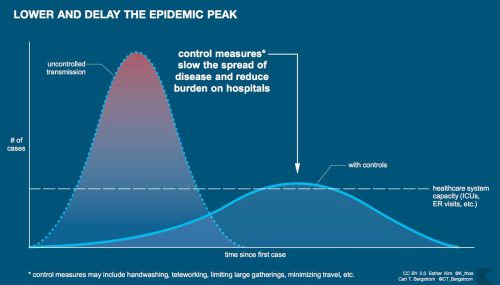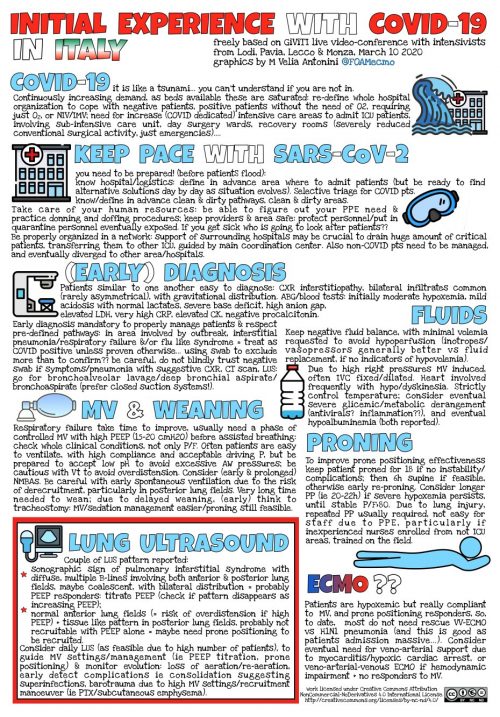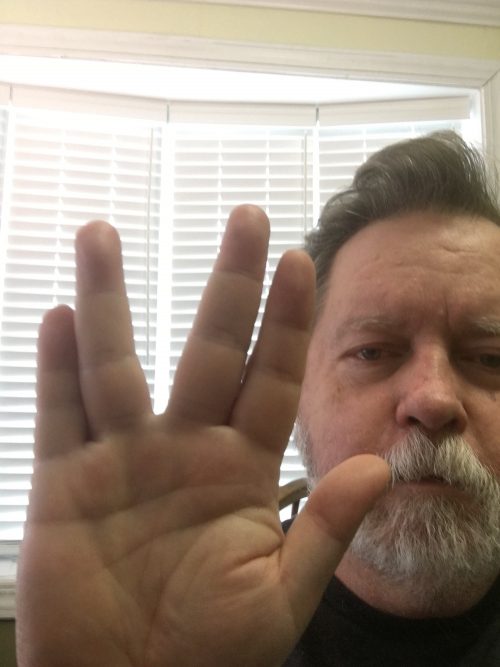They started testing for SARS-CoV-2 in Seattle, with one researcher, Helen Chu, leading the way. They started getting positive hits, and then the federal government stepped in, but not to anyone’s benefit.
The state laboratory, finally able to begin testing, confirmed the result the next morning. The teenager, who had recovered from his illness, was located and informed just after he entered his school building. He was sent home and the school was later closed as a precaution.
Later that day, the investigators and Seattle health officials gathered with representatives of the C.D.C. and the F.D.A. to discuss what happened. The message from the federal government was blunt. “What they said on that phone call very clearly was cease and desist to Helen Chu,” Dr. Lindquist remembered. “Stop testing.”
I found that shocking. Stop collecting information, stop responding to patient concerns, minimize the threat. This is not what I want the government to do.
On a phone call the day after the C.D.C. and F.D.A. had told Dr. Chu to stop, officials relented, but only partially, the researchers recalled. They would allow the study’s laboratories to test cases and report the results only in future samples. They would need to use a new consent form that explicitly mentioned that results of the coronavirus tests might be shared with the local health department.
They were not to test the thousands of samples that had already been collected.
While I sympathize with privacy concerns, this is a situation where public health ought to have priority. Being diagnosed with COVID-19 does not create a permanent stigma. It guides the appropriate response to the affected individual.
Especially since this is what’s happening:
In the days since the teenager’s test, the Seattle region has spun into crisis, with dozens of people testing positive and at least 22 dying — many of them infected in a nursing home that had unknowingly been suffering casualties since Feb. 19.
My mother lives in that area, she’s a few years older than I am (just a few), and she’s already had a few respiratory episodes that required temporary hospitalization. When I talked to her the other day, she’s self-quarantining and avoiding going out in public at all…but I feel like if there were a problem, she wouldn’t get the help she would need, but instead is going to be told to shut up.







